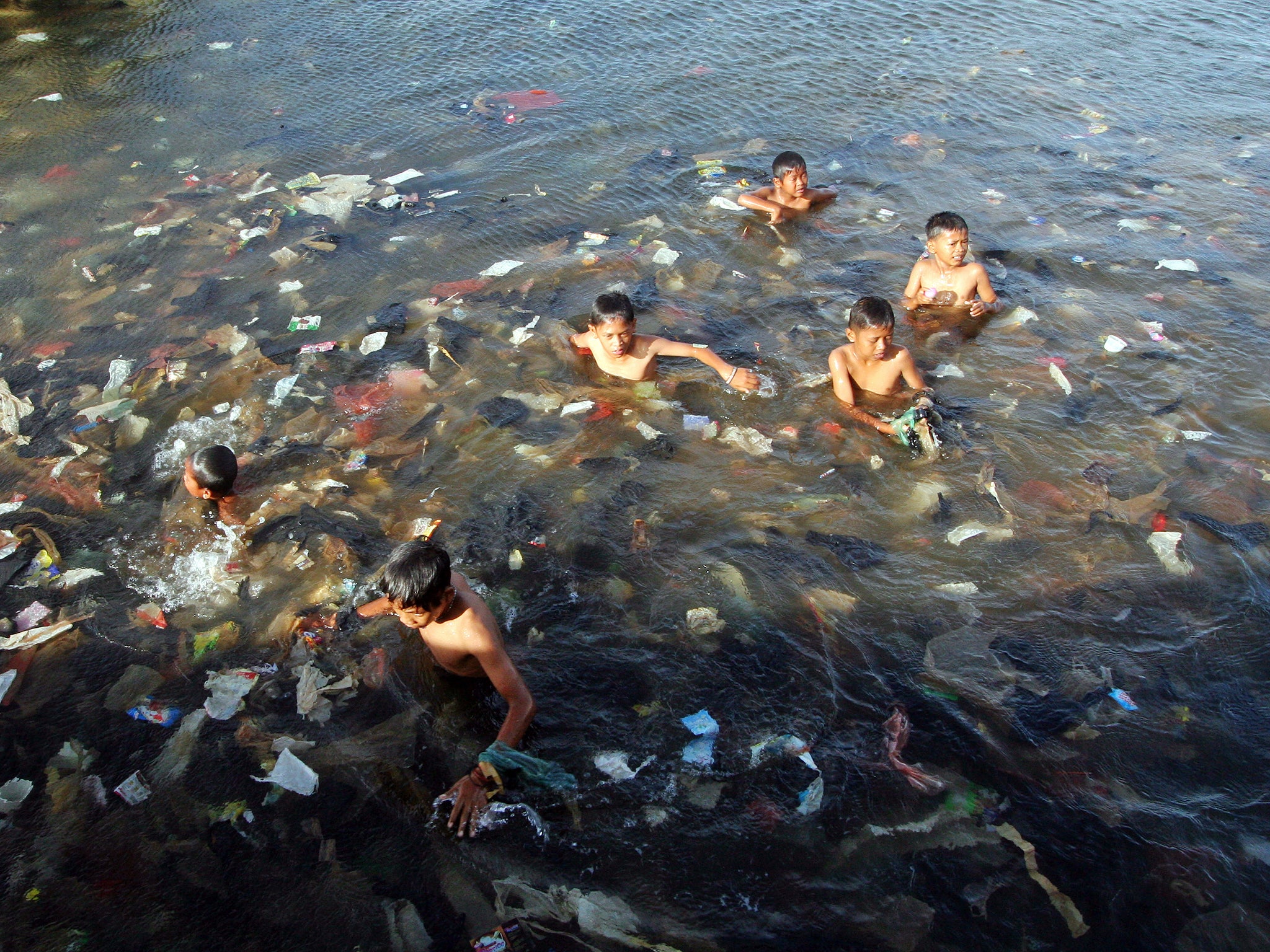It's time the Government kept up with the public when it comes to ditching plastic
Our polling shows that people are willing to make changes in their everyday lives to reduce plastic pollution. Even tentative first steps can be meaningful

Your support helps us to tell the story
From reproductive rights to climate change to Big Tech, The Independent is on the ground when the story is developing. Whether it's investigating the financials of Elon Musk's pro-Trump PAC or producing our latest documentary, 'The A Word', which shines a light on the American women fighting for reproductive rights, we know how important it is to parse out the facts from the messaging.
At such a critical moment in US history, we need reporters on the ground. Your donation allows us to keep sending journalists to speak to both sides of the story.
The Independent is trusted by Americans across the entire political spectrum. And unlike many other quality news outlets, we choose not to lock Americans out of our reporting and analysis with paywalls. We believe quality journalism should be available to everyone, paid for by those who can afford it.
Your support makes all the difference.Today, as is typical, almost 7 million disposable coffee cups will be thrown away. “Disposable” is of course a cosy-sounding misnomer, as the great majority, being a complex mix of cardboard and plastics, are impossible to dispose of responsibly – that is, to recycle. They will stubbornly litter the land, and the seas, for many years to come. Disposing of them is, in effect, impossible. This is why a better way needs to be found to deal with this growing problem, and with some sense of urgency.
The answer, as with much else, is a combination of carrot and stick. The stick has been much discussed in recent weeks, as Sir David Attenborough’s pioneering series Blue Planet 2 has heightened public awareness of the existential problem of plastics pollution in the oceans, a much broader challenge than the coffee cups problem.
A few weeks ago MPs suggested a 25p tax on disposable cups, after the 5p charge for plastic carrier bags, which has proved a most successful experiment in altering consumer behaviour. Ministers seem set to adopt the idea, and not before time. Provided there are suitable safeguards in place, such as exemptions for small local neighbourhood cafés, then the proposals look eminently sensible.
It used to be called “nudge” economics, but the idea of using modest deterrents to change public attitudes has a long history. The taxes and duties now imposed on petrol and tobacco, for example, would have been unimaginable a generation or two ago, and much the same shift in attitude is taking place with alcohol and sugary drinks. The “fat tax” on the unhealthiest “treats” available in the supermarket or takeaway may not be far away.
The only question is – what’s delaying action? Theresa May was rightly criticised for the far-distant horizons of the 2040s in her 25-year national environmental plan, and there seems no insuperable barrier to some tentative first moves to go beyond mere consultation.
It will be a long march before we make plastic history, but we can start now. After all, there is, as our polling reveals today, a good deal of public support for this move, and an increasing realisation that clean air, thriving wildlife and sustainable oceans aren’t barriers to economic growth, but rather they underpin it. What use is it being able to afford that expensive barista-blended delicious real coffee if the seaside you consume it besides has a beach covered in dead fish and assorted plastic waste?
So the latte levy should be merely the latest instalment in a series of charges, levies and taxes that will deter behaviour that is bad for the planet. The proceeds, by the same token, should be “greened” – spent on improving recycling facilities, for example, an especially urgent need given that China has announced that it will no longer take the West’s garbage merely to sell it back to us as new plastic gadgets and gewgaws.
The European Union has also published ambitious targets, and firms from McDonald’s, Iceland and Waitrose are taking valuable initiatives of their own. Plastic cups, plastic straws, plastic microbeads in cosmetics, plastic water bottles, absurd plastic over-packaging of foodstuff: all are coming under the right kind of attention.
Government policies on eradicating plastic waste may be overambitious and, at times, counterproductive. Mistakes could be made if, for example, the war on plastic merely increases food spoilage and waste; but the whole world – with the glaring exception of President Trump’s America – is moving steadily towards an environmentally safer future. Perhaps it has not come too late.
Join our commenting forum
Join thought-provoking conversations, follow other Independent readers and see their replies
Comments